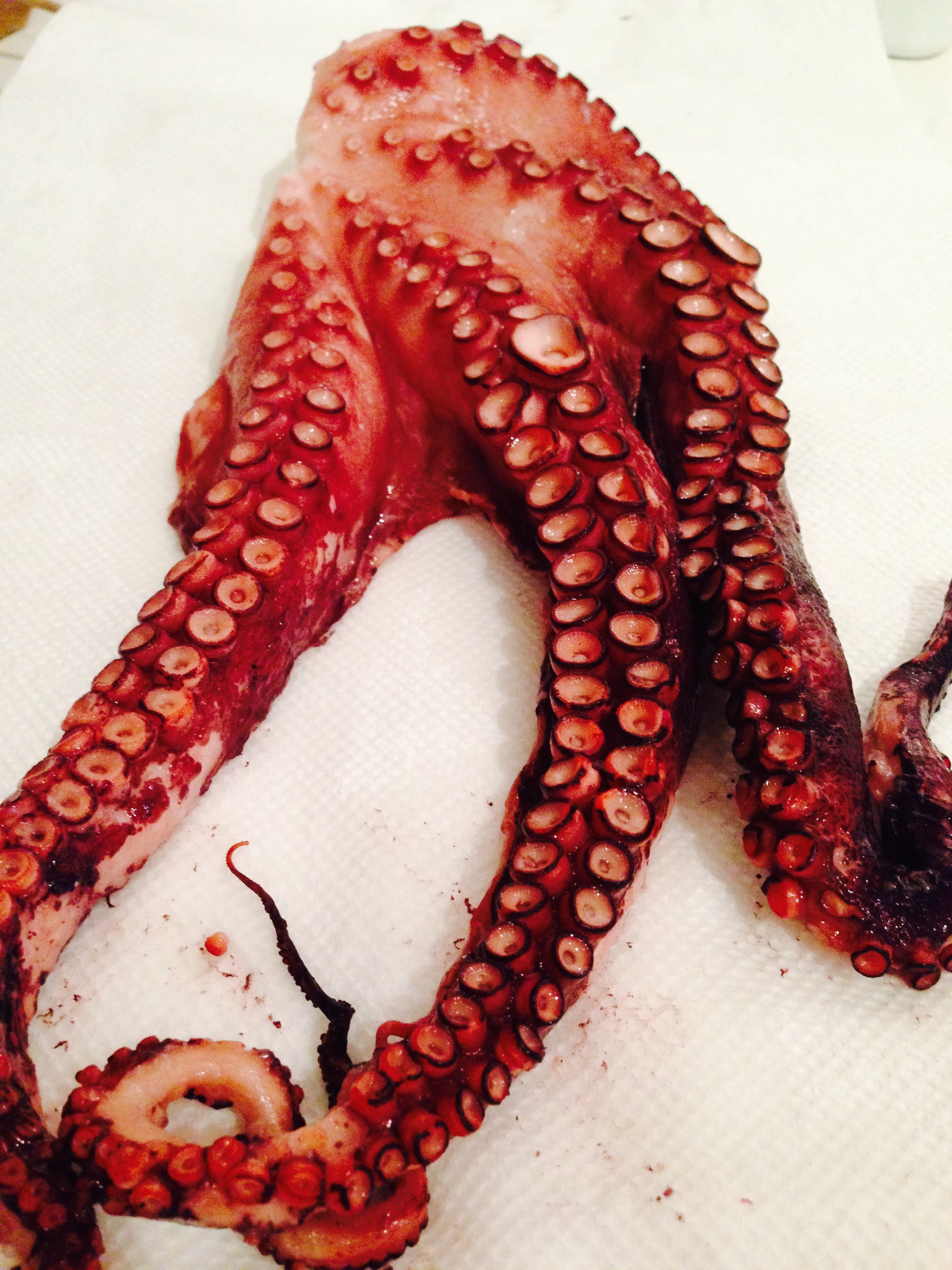Hands-On (Eyebrows-Off) Grilling
Those little stalactites of grease and char are what need to be incinerated in order to effectively grill at high heat.
For the most visible symbol of American warm-weather leisure, cooking things on a grill is mightily misunderstood. Outside of places like Texas and the Carolinas, Memphis and Kansas City, “barbecue” is applied to any outdoor moment involving fire and food. Most of these instances are actually the far less evocative “grilling,” during which someone burns packaged meat over barely contained open flame. Enthusiasts of the real thing are right to be outraged at the appropriation of the term. But I wonder if “barbecue” is already one of those lost causes, like the substitution of “chomping” for “champing" when bits are involved.
So, to be clear: grilling is cooking things on a metal grate over a heat source; barbecuing is cooking things at lower temperatures for a long time with the purposeful use of wood smoke. People dedicate their lives to the latter, and, when good, is great. I have barbecued with what seemed like success, but I imagine my efforts would be ridiculed by aficionados of the discipline. In any event, a few hundred words on the matter would be like writing a memo with the title: Religion, a Summary. High-heat gas grilling, however, can be dealt with fairly briefly.
To begin, a grill must get hot. I know when my grill is ready when opening it seems unwise; when my eyelashes curl and my lips feel chapped as I approach; when it is visibly peeling off heat waves; when your neighbor looks warily over the hedges. These somewhat frightening levels of heat are achieved by allowing your grill to rip at full gas for twenty minutes prior to use. This is good to do periodically anyway; like a cleaning feature on an oven, very high heat burns away collected char and grease.
Seasoning the grill itself is important but overlooked. First use a long-handled wire brush to remove any visible char and ash from the grill. Cut a large onion in half crosswise and dip the root side into a shallow dish of neutral oil (canola will do). With long-handled tongs wipe the surface of the grill, re-dipping as necessary. Excess oil will likely ignite and flare up; this can be spectacular at night. If you value your arm hair, wear something long-sleeved and fire resistant and do be careful. Close the lid and wait another few minutes. The oil and high heat will create a fairly non-stick surface, and whatever goes on it will now emerge with restaurant caliber hatch marks.
The classic items for a hot grill are steaks and chops, hamburgers and sausages. This is where high-heat grilling often goes awry; all of these have large amounts of fat, which, once hot, will run and ignite. The result is heavy on the char rather than the desirable grilled flavors. But all the work that has gone into preparing the grill is not wasted if your heart is set on a mixed grill of the above. Simply allow the grill to even out at a medium gas setting. Enough heat will be retained in the walls, lid and grill to nicely brown and cook through the meat, but the flame low enough not to incinerate it. Some people use squirt bottles to extinguish flare-ups; I find closing the lid accomplishes the same with the added benefit of quick, oven-like cooking.
If, however, you have a father-in-law or colleague to impress and really wish to cook something effectively over ripping heat, you have options. Shellfish generally have trace fat and enough water content to be fairly foolproof. A thinly pounded-out chicken cutlet, what the French call a paillard, is another, if slightly more challenging, choice. But for maximum showmanship, when smoke and fire will be appreciated and little mollusks or fancy French cutlets just won't do, nothing even comes close to tentacles.
Grilled Octopus
Three or four pounds of large octopus tentacles, raw or parcooked.
One teaspoon of dry oregano
One teaspoon of chili flakes
Two tablespoons of olive oil
1/2 cup of dry white wine
Salt and pepper
If the Octopus is raw, gently simmer for one hour (or so) in water. It is ready when a paring knife slips easily into the thickest section of the tentacle, like a potato. Mix the marinaded. Once completely cooled, separate the tentacles and add to the marinade; refrigerate for a minimum of ninety minutes. Meanwhile prepare the grill. When very hot, arrange the tentacles on the grill. Leave covered for two or three minutes before turning for another few minutes. Remove to a cutting board. Slice into quarter inch coins and serve with lemon and fresh parsley.


